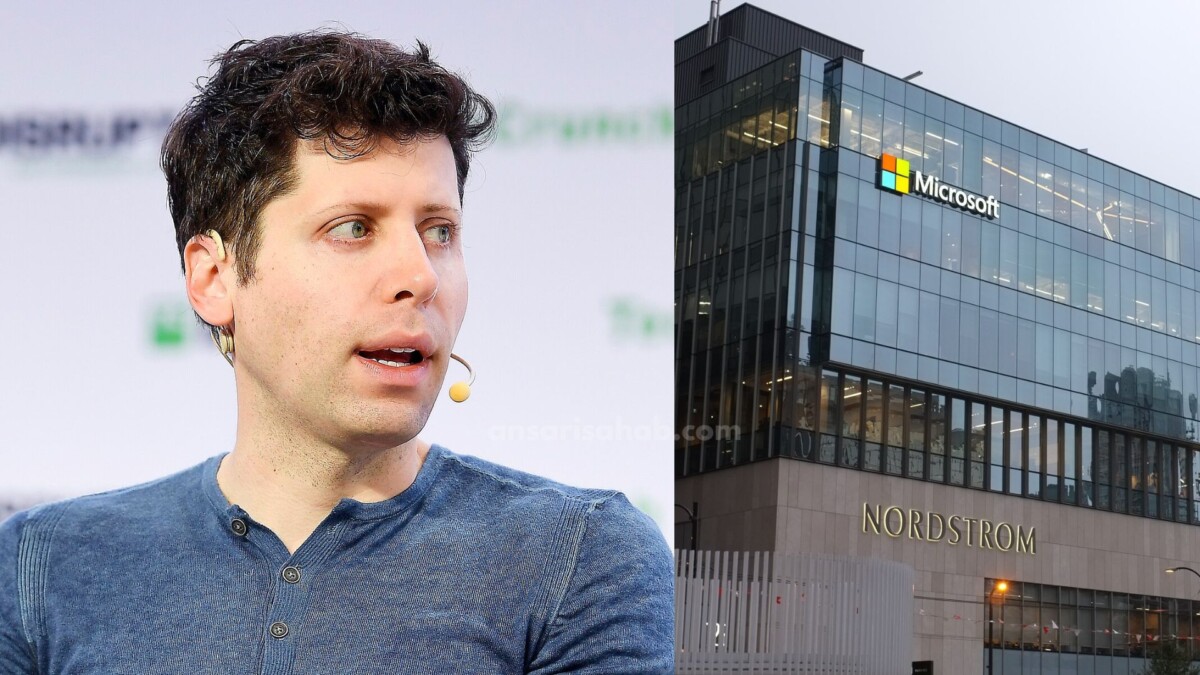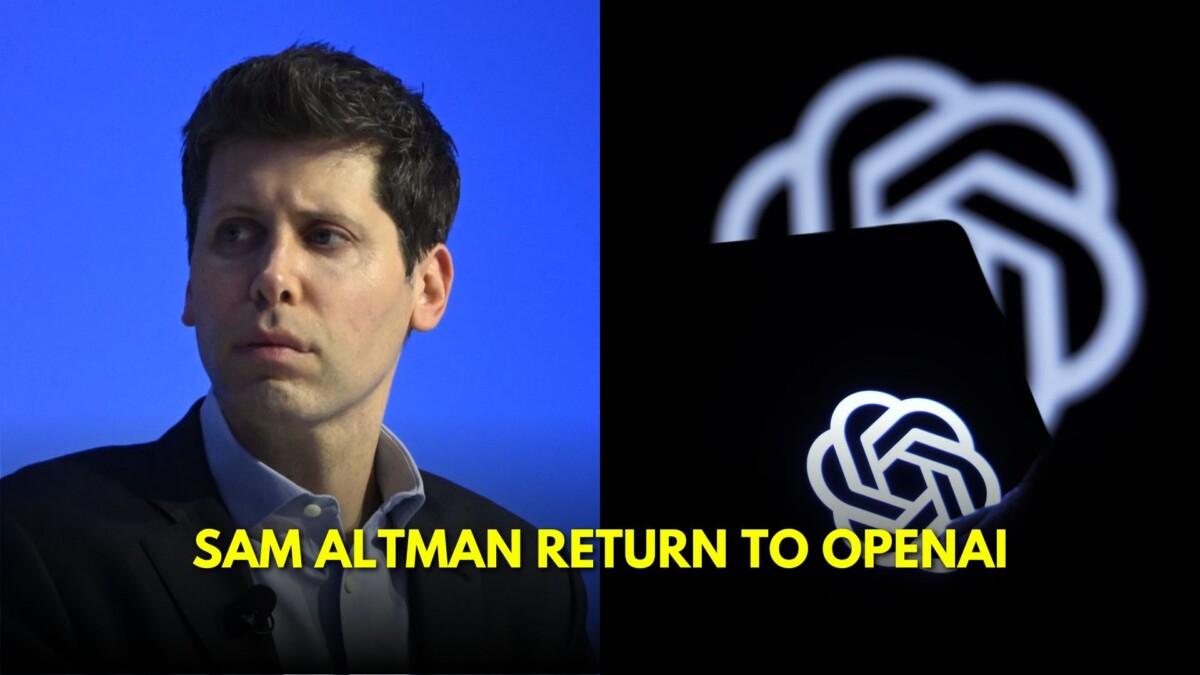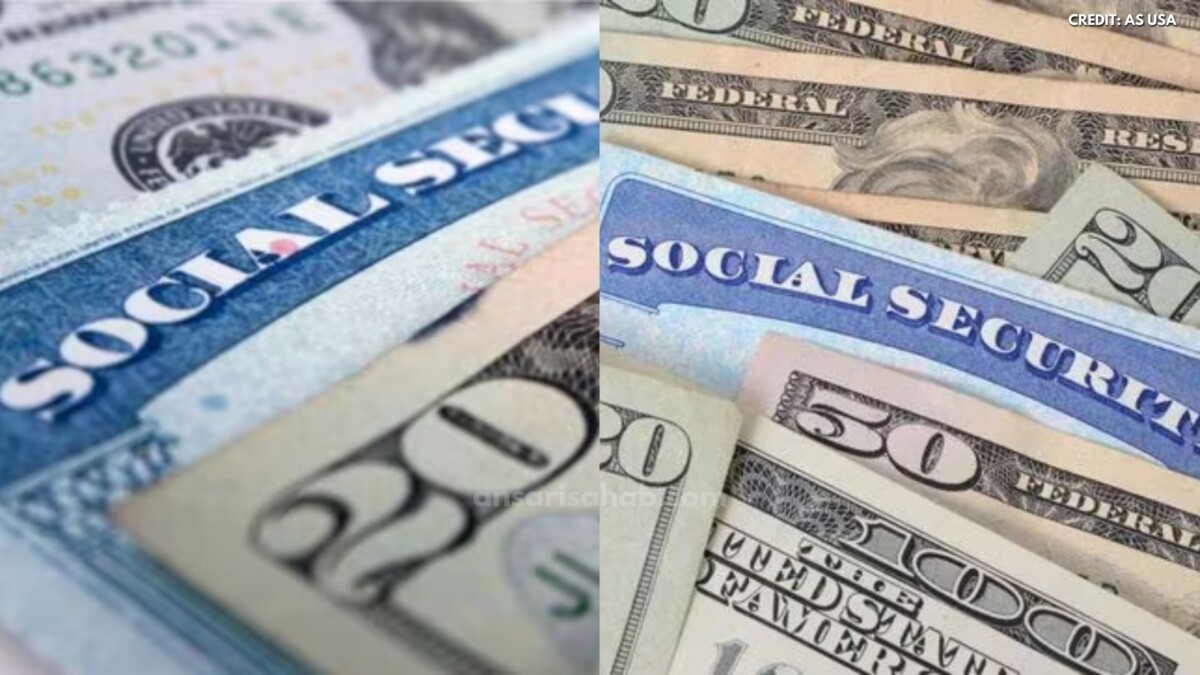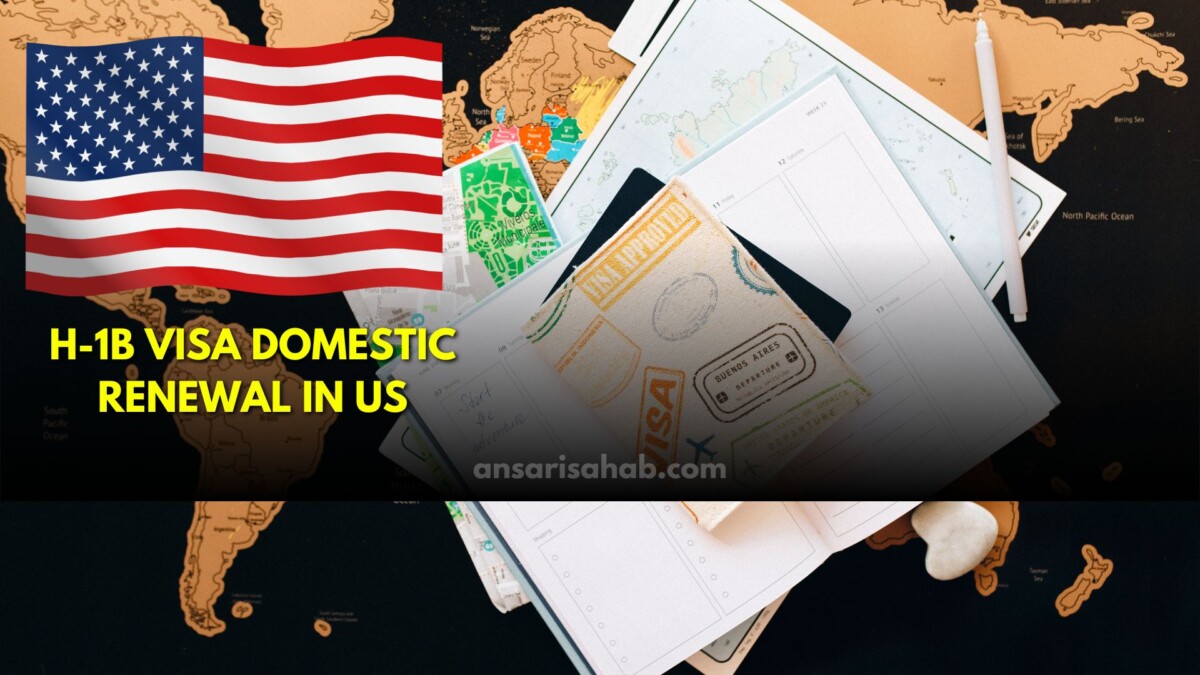Major Fee Sparks Immediate Chaos
The United States H‑1B visa program, a cornerstone of American immigration policy for highly skilled foreign workers, is facing unprecedented disruption. As of September 19, 2025, President Donald Trump signed a proclamation introducing a $100,000 annual fee per new H‑1B petition, targeting applicants outside the U.S. This executive action has triggered immediate uncertainty for workers and companies alike, raising concerns about family separations, disrupted operations at major tech firms, and potential long-term impacts on innovation.
The fee applies only to new applicants, not to renewals or those already selected in the FY 2025 lottery. Nevertheless, reports indicate that workers abroad rushed to avoid potential entry denials, canceling travel plans and abandoning vacations.
Background: H-1B Program and Its Role
Established under the Immigration Act of 1990, the H‑1B program allows U.S. companies to hire foreign professionals in “specialty occupations,” such as software engineering, data science, and medicine. The program caps at 85,000 visas annually (65,000 for general applicants plus 20,000 for U.S. master’s degree holders) through a lottery system.
In FY 2024, nearly 400,000 petitions were approved, largely renewals, with Indians receiving 71% and Chinese 12% of approvals. Major tech firms, including Amazon, Microsoft, and Meta, rely heavily on these visas to fill critical talent gaps. Critics argue the program suppresses wages for domestic workers, while proponents insist it fuels innovation in AI, cloud computing, and self-driving technology.
Political and Economic Drivers
The H‑1B visa fee aligns with Trump’s 2025 immigration priorities, emphasizing an “America First” approach. Commerce Secretary Howard Lutnick justified the measure, stating, “Stop letting people come for free—only valuable people are welcome.”
Complementary legislation, like the proposed American Tech Workforce Act, seeks to:
- Increase the minimum wage for H‑1B roles from $60,000 to $150,000
- Replace the lottery with a “highest-bidder” system
- Eliminate the Optional Practical Training (OPT) program for STEM graduates
Supporters argue these steps will boost economic efficiency and prioritize top talent, while critics warn of a brain drain as mid-level IT professionals turn to Canada, Europe, or other global markets.
Corporate and Global Fallout
- Big Tech Panic: Companies including Amazon, Microsoft, JPMorgan, and Goldman Sachs issued urgent notices for employees to remain in the U.S., fearing overseas visa rejections. Indian IT firms have reported operational disruptions and family separations as spouses and children face visa limbo.
- Global Reactions: India’s Foreign Ministry labeled the fee “humanitarianly concerning” and called for immediate bilateral discussions. Social media reactions range from frustration to satire, with employees debating relocation or accelerated return to the U.S.
- Economic Implications: The $100,000 fee, paid by employers, may deter hiring and exacerbate shortages in AI and advanced tech roles, while providing an estimated $8.5 billion annually in federal revenue. Critics warn unfilled positions could stall innovation and reduce U.S. competitiveness.
| Key Impact Area | Proponents’ View | Critics’ View |
|---|---|---|
| Tech Hiring | Protects American jobs | Talent exodus to Canada/EU |
| Families/Workers | Targets “low-value” entries | Splits families; stress for workers |
| Economy | Generates revenue | Reduces productivity, innovation |
| Global Ties | Pressures India on trade | Strains US-India tech alliances |
Legal and Future Considerations
The fee is set to take effect for the February 2026 lottery, but legal challenges are expected. Immigration attorneys cite ambiguity in the proclamation’s wording, potentially opening doors for lawsuits. Meanwhile, lobbying by Tesla, SpaceX, and other tech leaders may influence modifications or exemptions.
India is monitoring the situation closely, weighing potential trade retaliation options while seeking assurances for affected workers. USCIS has clarified that current visa holders remain unaffected, but new applicants face a significantly costlier and more selective process.
Implications for Workers and Companies
- Workers Abroad: Must monitor visa updates, reconsider travel, and potentially delay relocations.
- Employers: Need to adjust budgets for the $100,000 fee, reevaluate hiring strategies, and plan for potential workforce shortages.
- Global Talent Flow: Could shift toward countries with fewer restrictions, benefiting India, Canada, and the EU in the tech labor market.
The H‑1B visa controversy underscores the delicate balance between protecting domestic jobs and maintaining a global talent pipeline critical to U.S. innovation.
FAQs
Only new applicants outside the U.S. are required to pay the $100,000 fee. Renewals and existing holders are not affected.
The fee applies starting with the February 2026 lottery, affecting new H‑1B petitions filed thereafter.
Major tech firms have issued advisories urging employees to remain in the U.S., while Indian IT firms warn of operational disruptions. Employers are also budgeting for the fee and reviewing hiring plans.
Sources: Reuters
Washington Post









